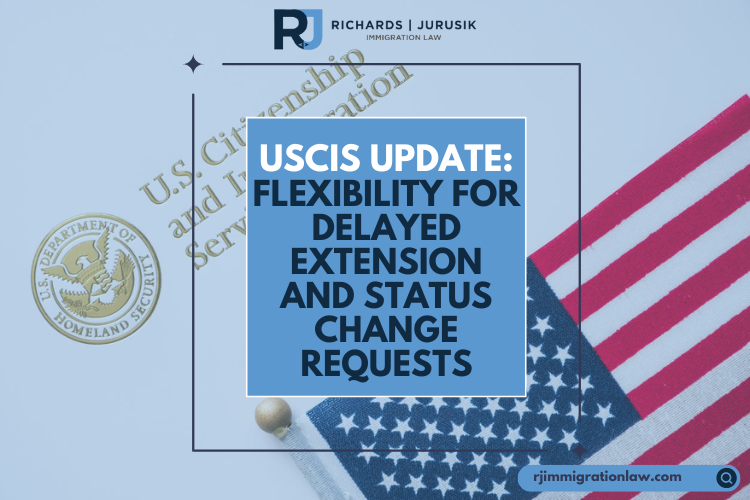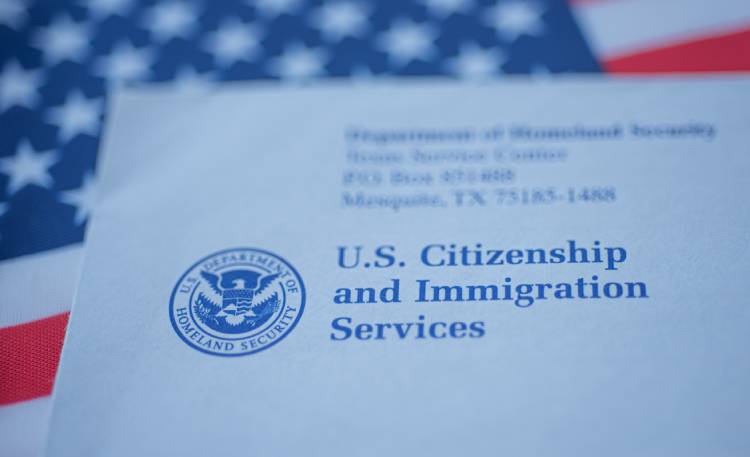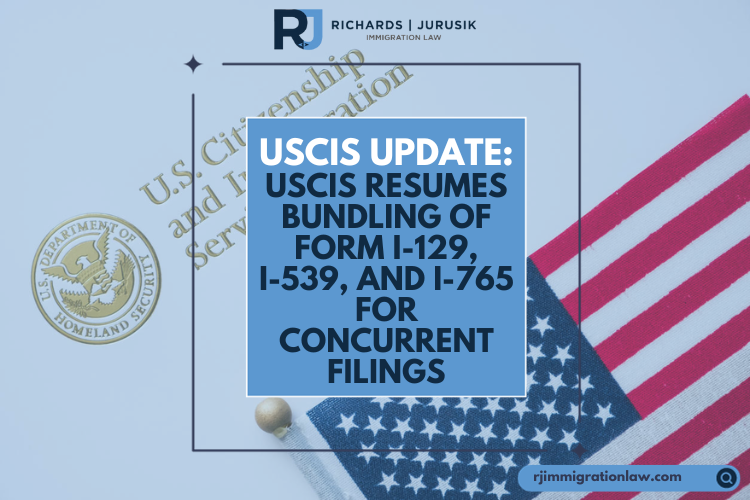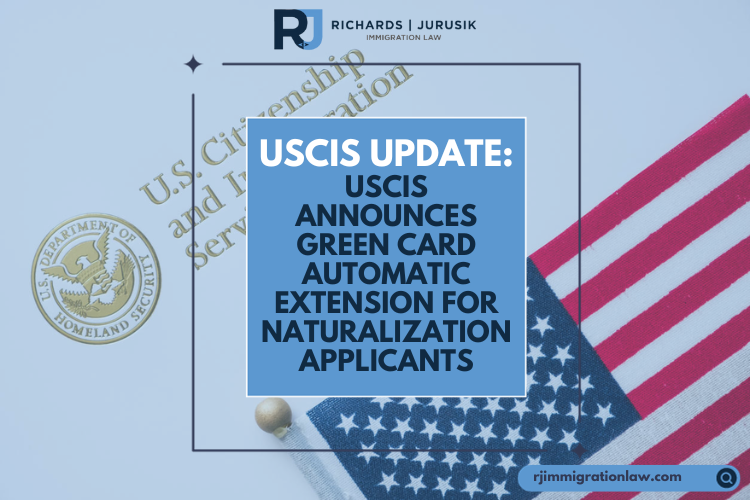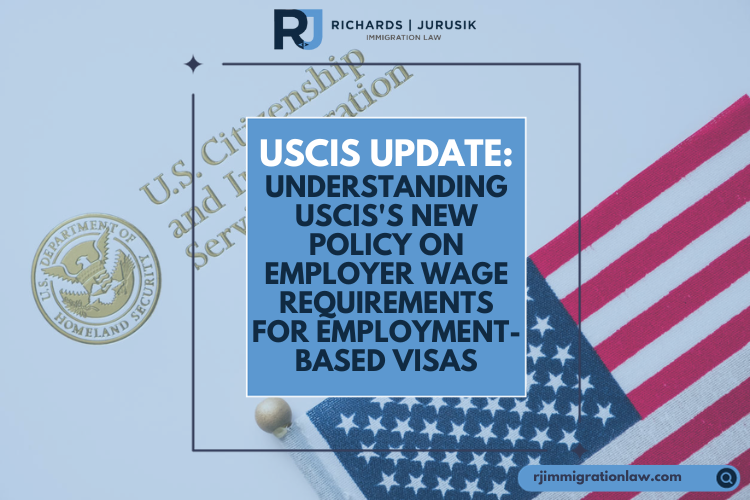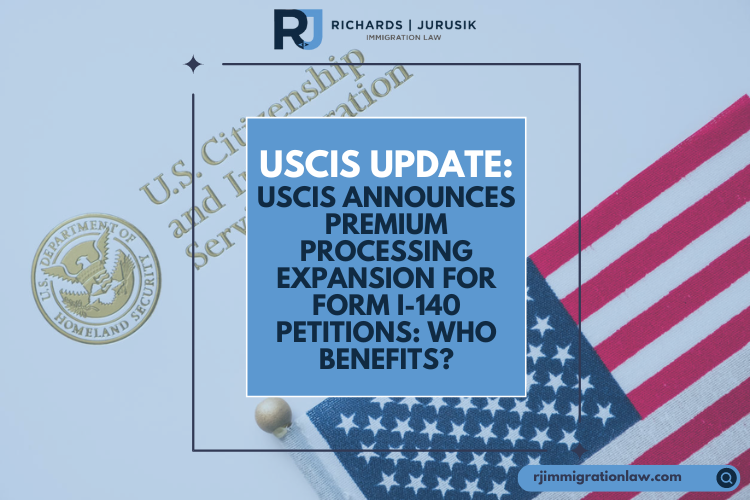The U.S. Citizenship and Immigration Services (USCIS) recently revised its Policy Manual. This revision is key for nonimmigrants seeking an extension of stay or a status change in the United States. This blog post discusses the nuances of this update and what it could mean for individuals caught in challenging situations, particularly labor disputes.
Key Update Explained
This policy update reflects USCIS’s newfound flexibility in handling cases where a nonimmigrant fails to file for an extension or change of status in a timely manner. In the past, the USCIS approach was stringent, often resulting in denials for late filings. However, with this policy shift, USCIS may now excuse such delays if they were due to extraordinary circumstances beyond the applicant’s control.
Examples of Extraordinary Circumstances
But what exactly counts as ‘extraordinary’? The policy outlines several scenarios, with labor disputes taking a central position. This includes strikes, lockouts, and other forms of labor unrest. Furthermore, if a delay is caused by lapses in government funding that affect labor certifications, USCIS is prepared to consider these as valid reasons for excusing late filings. This is particularly relevant in today’s rapidly changing labor market and economic conditions.
Significance for H-2B Workers
This policy change is particularly significant for H-2B visa holders, who are often at the mercy of their employment conditions. The update aligns with the recommendations from the H-2B Worker Protection Task Force, ensuring that workers embroiled in labor disputes are not unfairly penalized when seeking to extend their stay or change their status. It’s a step towards safeguarding the rights and statuses of these workers, acknowledging the unpredictability of their work situations.
USCIS’s Role in Visa and Status Adjustments
While the USCIS does not issue visas, its role in adjudicating requests for stay extensions and status changes is crucial. The policy update marks a significant change in how USCIS exercises discretion. This is especially important for individuals whose legal status may be at risk due to unforeseen work-related issues, which now may be viewed under a more forgiving lens.
What This Means for Nonimmigrants
Before this update, an expired status or failure to maintain your status before filing for an extension or change would have likely led to a denial. However, The new policy introduces a ray of hope: USCIS may excuse these failures if the applicant can convincingly demonstrate that the delay was due to extraordinary circumstances, such as labor disputes.
Conclusion
The USCIS policy update is a step toward a more flexible and understanding immigration system. It recognizes the complexities of modern work environments and the unforeseen circumstances that nonimmigrants might face. For anyone in such challenging situations, it’s crucial to understand how to navigate these changes effectively and seek expert guidance where necessary.
Subscribe to Our Resources Blog
Schedule a Consultation with an Immigration Lawyer
Additional Outside Resources
We Can Help!
You may have questions regarding a US immigration matter. We invite you to contact our team at Richards and Jurusik for detailed guidance and assistance. We aim to provide the most accurate and up-to-date information to make your immigration process smoother and less stressful. The immigration lawyers at Richards and Jurusik have decades of experience helping people to work and live in the United States. Read some of our hundreds of 5-star client reviews! Contact us today to assess your legal situation.

